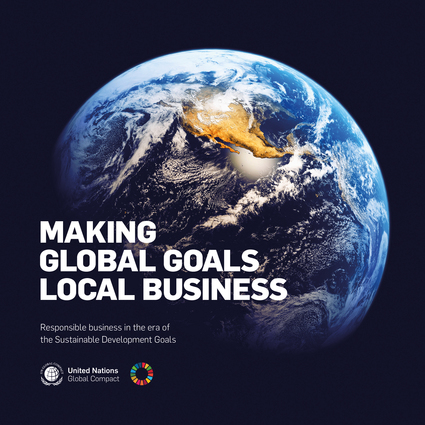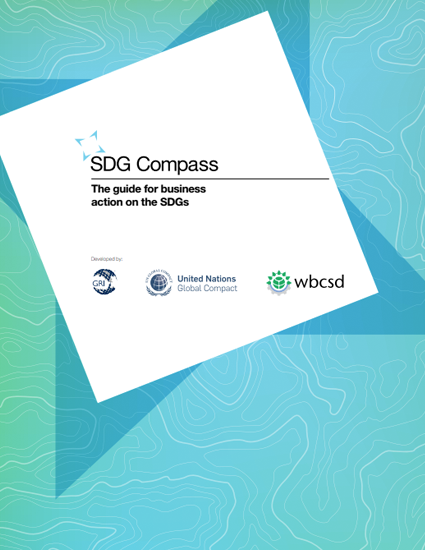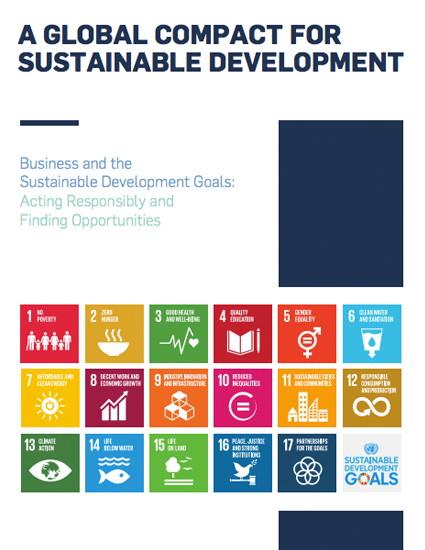Today’s business landscape is characterized by an unprecedented, accelerating and complex mix of risks and opportunities. Your entire market can be disrupted in a short time by innumerable factors, be it a new technology or a sudden lack of natural resources. New markets are emerging rapidly due to megatrends such as population growth, resource scarcity or global health risks. Meanwhile, consumers and investors are better informed than ever before – and they want businesses to take responsibility for the pressure our planet and its population are under.
There is growing understanding – especially by business leaders and investors ahead of the curve – that it is not enough for companies to concern themselves only with short-term profits because natural disasters, social unrest or economic disparity can damage long-term prosperity. The businesses that understand this challenge and take action will be a step ahead.
On 1 January 2016, the 17 Sustainable Development Goals (SDGs) of the 2030 Agenda for
Sustainable Development — adopted by world leaders in September 2015 at an historic
UN Summit — officially came into force. Over the next fifteen years, with these new goals that universally apply to all, countries will mobilize efforts to end all forms of poverty, fight inequalities and tackle climate change, while ensuring that no one is left behind.
It is clear that the SDGs not only identify where we have to be in 2030 to create a sustainable world, they also outline new markets and opportunities for companies all over the world. To succeed, we must turn the global goals into local business. The UN Global Compact is committed to be a leading catalyst of that transformation. We will devote our capacities and global network to make it happen – based on the sound values and principles that the UN Global Compact is built upon.





